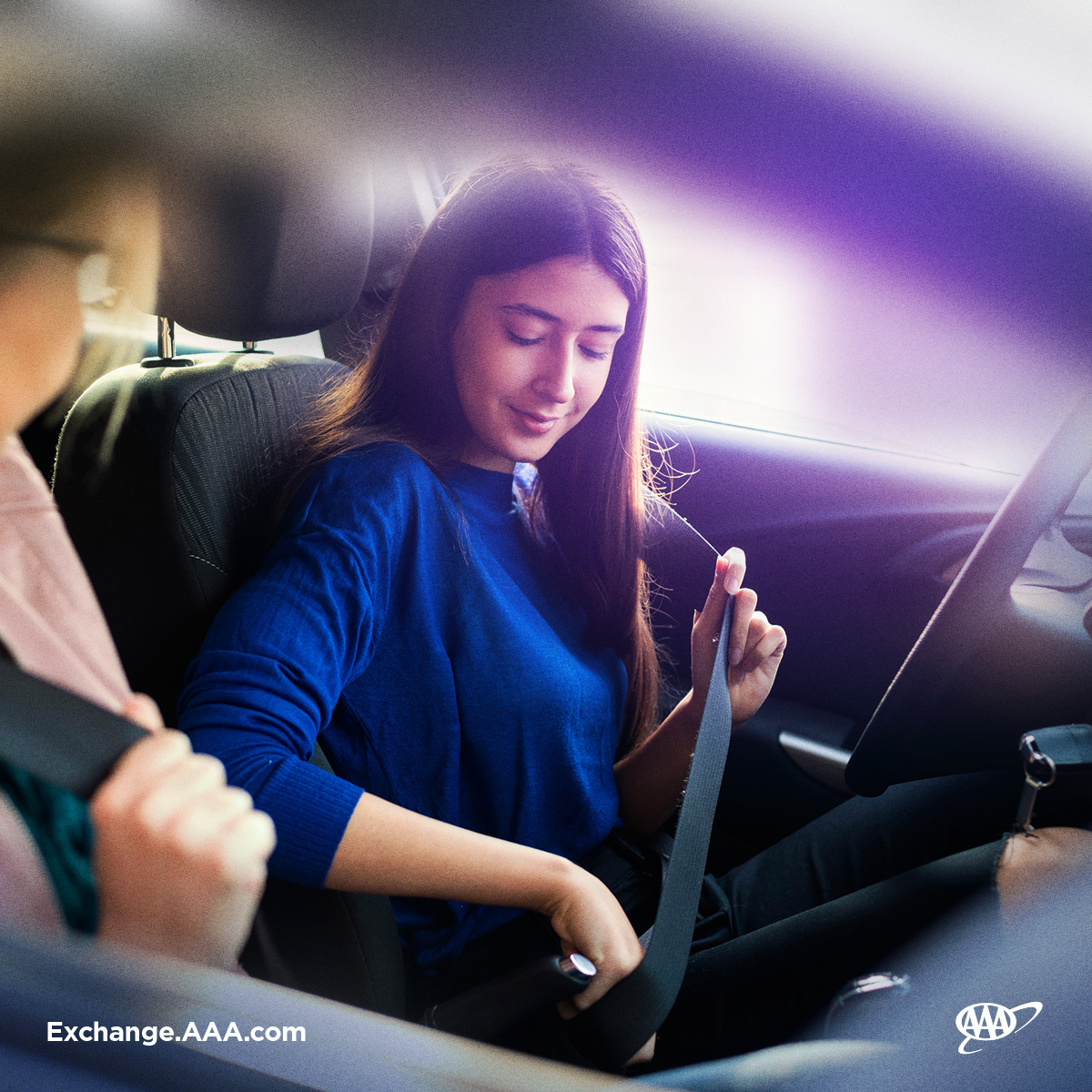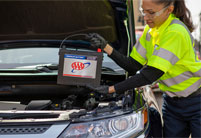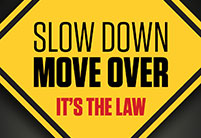AAA, Community Partners Warn Drivers of “100 Deadliest Days for Teen Drivers”
AAA, Community Partners Warn Drivers of “100 Deadliest Days for Teen Drivers”

The “100 Deadliest Days” is the period between Memorial Day and Labor Day when fatal teen crashes increase dramatically. AAA coined the phrase after examining troubling data regarding fatal crashes among teen drivers.
Nationwide, 6,697 people died in teen driver-related summertime crashes over a ten-year period from 2013 to 2022. That is nearly half of the total number of those killed in teen-driver crashes for the entire rest of the year in that span. In 2022 alone, 707 people were killed in such deadly crashes. The 2022 figure is a 10 percent increase over pre-pandemic figures from 2019.
In New York State, 13 people were killed in crashes involving teen drivers in summer of 2022. And 151 people were killed in teen driver crashes during the “100 Deadliest Days” over the ten-year span from 2013 to 2022. 151 people killed during summer months over the ten-year span equates to a summertime average of 15 deaths. It’s a dramatic increase from 274 people killed over the course of nine non-summer months over the ten-year period.
AAA teamed up with area police agencies and elected officials across Western and Central New York to raise awareness of traffic safety as Memorial Day kicked off the 100 Deadliest Days for teen drivers.
“Young drivers in high school and college look forward to the summer season and await newfound freedom with a break from school,” said Mike Formanowicz, driver training manager at AAA Western and Central New York. “AAA urges parents to talk to their young drivers about traffic safety and serve as good role models as well. Putting the phone down behind the wheel is a great example.”
Due to their inexperience, teen drivers are at a higher risk of crashes. According to the AAA Foundation for Traffic Safety Culture Index, about 72% of teen drivers aged 16-18 admitted to having engaged in at least one of the following risky behaviors:
- Driving 10 mph over the speed limit on a residential street (47%)
- Driving 15 mph over the speed limit on a freeway (40%)
- Texting (35%)
- Red-light running (32%)
- Aggressive driving (31%)
- Drowsy driving (25%)
- Driving without a seatbelt (17%)
AAA driving instructors urge teen drivers to store phones out of reach, obey speed limits, and stay away from impairing substances such as alcohol and marijuana. AAA encourages parents to:
- Talk with teens early and often about avoiding dangerous behavior behind the wheel, such as speeding, impairment, and distracted driving. Serve as a role model for safe behavior.
- Always buckle up, and follow posted speed limits.
- Teach by example, minimize risky behavior; conduct at least 50 hours of supervised practice driving with their teen.
- Make a parent-teen driving agreement setting family rules for driving.
AAA recommends enrolling teens in a driver education program that teaches safety skills, distracted driving avoidance. AAA has in-person lessons and online tools for parents and teens, including TeenDriving.AAA.com and the StartSmart program.












